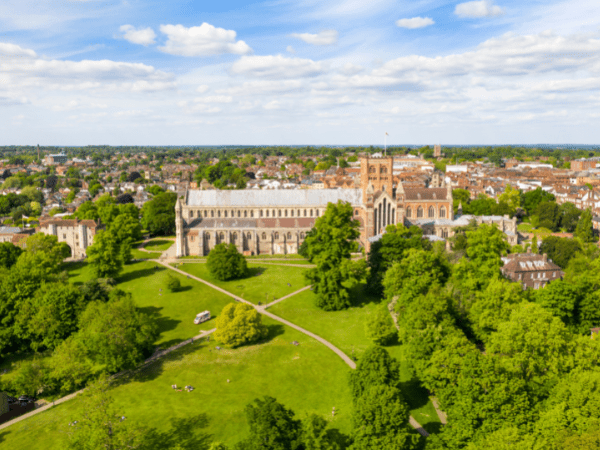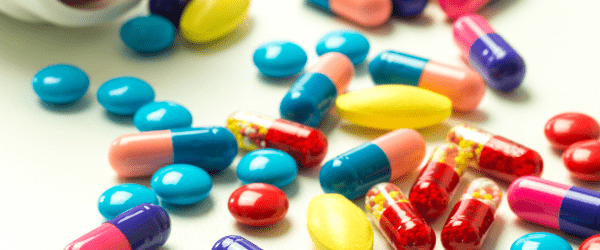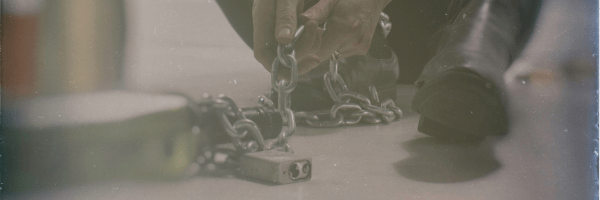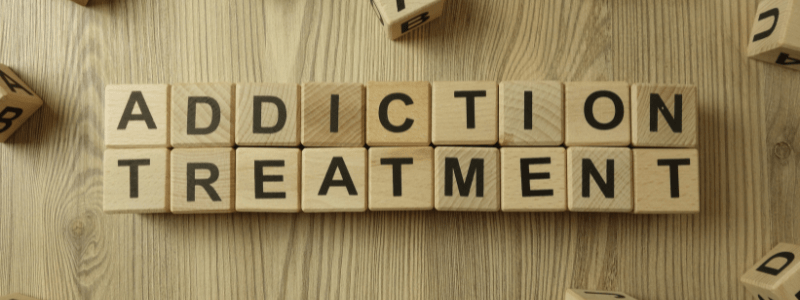
When you are struggling with an addiction, it can feel utterly hopeless, just as when having to watch someone that you love deteriorate from substance abuse, it can make you feel powerless. Either way, addiction is a devastating disease that affects many of our lives.
On this page, we are going to look at addiction, share some of the tell-tale symptoms of drug and alcohol misuse, and share some insight into how our rehab facilities in St Albans work.
If you want to know more, please feel free to read on and we will tell you everything you need to know.




